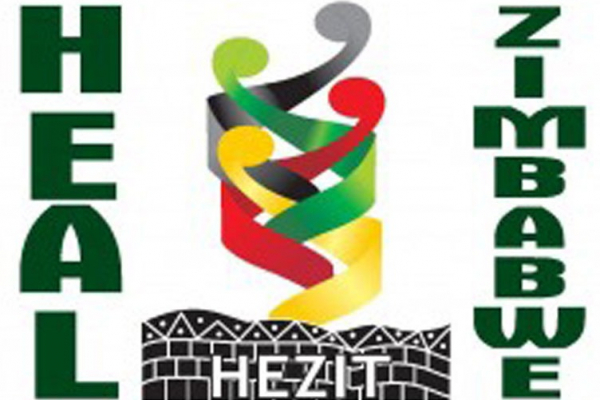
LOCAL peace-building organisation, Heal Zimbabwe Trust (HZT), has urged Zimbabwe to take a cue from its neighbours’ well-co-ordinated peace and reconciliation efforts in order to deal decisively with the country’s conflict legacy.
By NQOBANI NDLOVU
HZT made the recommendation in its first electronic publication The Peace, Healing and Reconciliation Series, launched last week.
The organisation said the publication was a precursor to its nationwide baseline study conducted to solicit communities’ perceptions of what constitutes healing, peace and reconciliation.
“The baseline study establishes options for the National Peace and Reconciliation Commission (NPRC) progress indicators design and processes upon which the commission and civic society organisations (CSOs) will track achievements,” HZT said in its opening brief.
“We conclude that there is national readiness from the communities, but political will is a requisite towards creating a conducive national healing, peace and reconciliation environment.”
President Emmerson Mnangagwa recently signed into law the NPRC Act amid increased calls for the government to address the country’s past human right abuses. The country has witnessed violent episodes since independence in 1980 that have left thousands dead, injured or displaced.
HZT said it was excited about the operationalisation of the NPRC Act, but noted it would not be easy to deal with the country’s dark past before providing some interventions the commission may use, such as copying from other countries, having memorials, amnesties, truth telling and lustrations (the mass disqualification of those associated with human rights abuses).
- Chamisa under fire over US$120K donation
- Mavhunga puts DeMbare into Chibuku quarterfinals
- Pension funds bet on Cabora Bassa oilfields
- Councils defy govt fire tender directive
Keep Reading
Countries like Germany and Japan have dedicated significant resources to never forget the Holocaust, and the Hiroshima and Nagasaki atomic bombings, which happened during World War II. In Germany, there are Holocaust memorials, museums, and former concentration camps that seek to educate the public and honour the millions of Jews that were murdered by Nazis between 1941 and 1945.
“There is a long history of reconciliation efforts in the world to provide social learning for peace and reconciliation in Zimbabwe,” HZT noted.
“They [memorials] may be officially or privately sponsored, but share their focus on memory. They help preserve the memory of the past event, which counters those who would deny or forget. They consolidate shared emotions [grief or remorse] and communal understanding of history.”
Late last year, police in Kezi, Matabeleland South, barred Ibhetshui LikaZulu pressure group form holding a memorial service at a disused mine in Bhalagwe, Matabeleland South, where some victims of the Gukurahundi mass killings lie buried in a mass grave. “Grant legal protection from civil and/or criminal liability, [amnesties] is a controversial reconciliation process. They may be used to encourage perpetrators to give full and truthful testimony to truth commissions as in South Africa or as part of a strategy to forget the past as in Cambodia,” HZT said.











